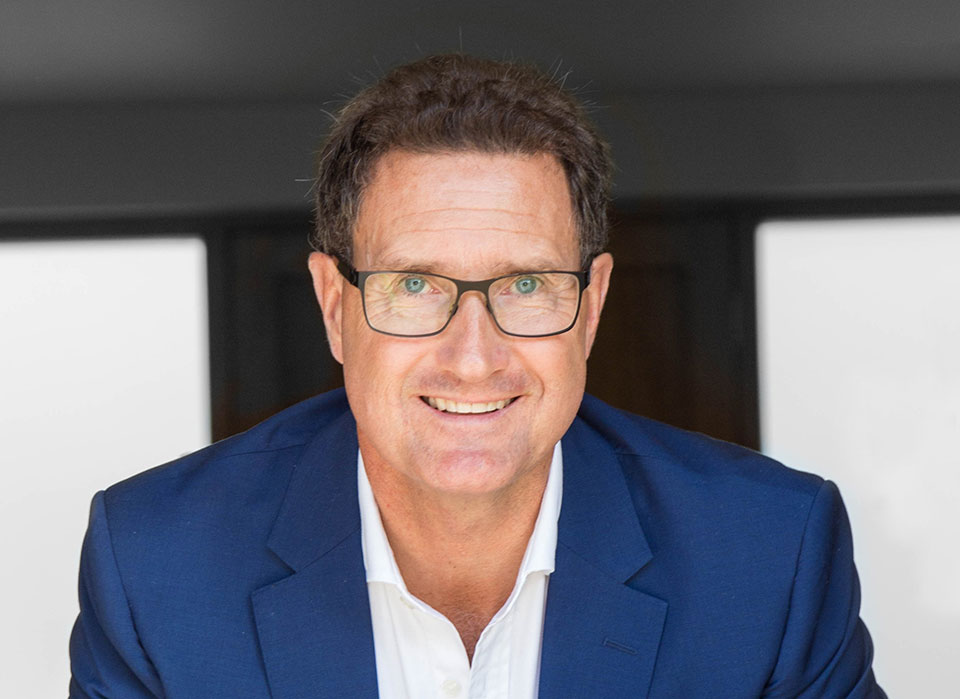The 5 key truths about change

It is 25 years since I first encountered ‘change’ as a discipline and began helping leaders to instigating change.
And everything I have learned about change over the last quarter century can be distilled down to five key truths. At first glance, they may appear to be blinding glimpses of the obvious. They’re not. Each one demands closer scrutiny for they are truths that are obviously so easy to forget.
88% of change initiatives and business strategies fail to deliver what they set out to achieve – in large part because we fail to appreciate the power and the consequences of the following 5 key truths.
Truth #1: Change is inevitable. Change is not a project, nor is it a phase that we can sit out and watch it pass. After surprising ourselves with our ability to cope with such dramatic change this past year, so many of us are now aching for the change to be over, to ‘get back to normal’. This is not realistic. Change is the norm. Even the much-touted post-Covid ‘new normal’ will be transitory. Change is constant. It is a part of life. Admitting this to ourselves is the first step towards accepting it and embracing it.
Truth 2: All change is personal. Change is not about systems or processes or business models or spreadsheets. It is about people. The failure to realise this is the main reason why change initiatives have such a spectacular failure rate. Even the most comprehensive organisational change is actually the culmination of a myriad of individual, personal changes.
Truth 3: We all erect our own personal barriers to change. We can’t help it. It is an evolutionary protection instinct. These barriers often appear in the form of negative thoughts, doubts and fears (“But I’ve never done this before”, “I don’t have the skills”, “I will never find another job like that one”, …) We need help to realise that the negative thoughts we have during times of change are just that: thoughts. Stay detached. Watch them, without judgment, and they will dissipate. Fight them and they will grow. We need to deprive them of the attention that they crave. They are not worthy of our time or energy. Identifying our default barriers is the first step to overcoming them.
Truth 4: All change is emotional. In fact, emotion is four times more powerful than logic when it comes to change. Your people need to be encouraged to voice their concerns about a proposed change – otherwise these doubts will grow to become impenetrable barriers. And 80% of these concerns will be emotional. They need help to understand that the strong emotions we all experience during times of change are entirely normal. The shock, the denial, anger, fear, anxiety, disillusionment, doubt – are all completely normal human reactions to dramatic change that has been done to us. Once we accept this reality, we can begin to accept and then harness these emotions to make them work for us.
Truth 5: We only change if we want to. No-one changes simply because they are told to. We only genuinely change if we want to. And we only want to change if we have been engaged genuinely in the process, and have found a strong emotional reason for embracing the new ways of working. Yet, too many leaders focus solely on the logic of the change, ignoring the fact that their people need more than that if they are to embrace and deliver the change that is required. Logic alone doesn’t cut it. We humans are messy, irrational, emotional beings.
The simple conclusions from these five key truths are two-fold:
Leadership is about helping your people to want to change.
We can all be our own change leaders, for the power to change lies within very single one of us.
Written by Campbell Macpherson, international change expert and award-winning author of The Power to Change (Kogan Page 2020, RRP $34.50)
Bring the best of the CEOWORLD magazine's global journalism to audiences in the United States and around the world. - Add CEOWORLD magazine to your Google News feed.
Follow CEOWORLD magazine headlines on: Google News, LinkedIn, Twitter, and Facebook.
Copyright 2025 The CEOWORLD magazine. All rights reserved. This material (and any extract from it) must not be copied, redistributed or placed on any website, without CEOWORLD magazine' prior written consent. For media queries, please contact: info@ceoworld.biz








